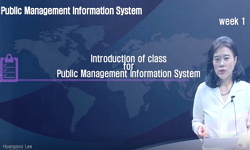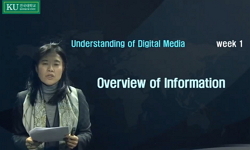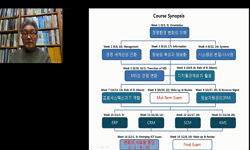The South Korean government has been very supportive in promoting sports in its country by sending large delegations to participate in international mega sporting events as well as hosting them, including the four most important international events: ...
http://chineseinput.net/에서 pinyin(병음)방식으로 중국어를 변환할 수 있습니다.
변환된 중국어를 복사하여 사용하시면 됩니다.
- 中文 을 입력하시려면 zhongwen을 입력하시고 space를누르시면됩니다.
- 北京 을 입력하시려면 beijing을 입력하시고 space를 누르시면 됩니다.
https://www.riss.kr/link?id=A102131208
- 저자
- 발행기관
- 학술지명
- 권호사항
-
발행연도
2016
-
작성언어
Korean
- 주제어
-
자료형태
학술저널
-
수록면
48-48(1쪽)
- 제공처
-
중단사유
※ KISS의 서비스 중단으로 원문이 제공되지 않습니다.
-
0
상세조회 -
0
다운로드
부가정보
다국어 초록 (Multilingual Abstract)
The South Korean government has been very supportive in promoting sports in its country by sending large delegations to participate in international mega sporting events as well as hosting them, including the four most important international events: Summer and Winter Olympic Games, FIFA World Cup, and the IAAF World Championships. By 2018, the Republic of Korea will become the 6th country to have hosted all of them following France, Germany, Italy, Japan and Russia. Korea also hosted two Universiades, three Asian Games, a World Rowing Championship, CSIM World Games and plans to host more international events. In addition, the country’s top athletes have participated in all scales of mega sporting events and have produced great results. For example, Korea’s national team placed 5th in the medals stand at the 2012 London Summer Olympics. This significant achievement has transformed South Korea into a sporting powerhouse. There are numerous key factors behind South Korea’s emergence as a sporting powerhouse: efficient investment in sport science, continuous effort of hosting sporting events, striving to discover promising young athletes and training them efficiently by collaborating science and sports. Experts in diverse fields (scientists, analysts, psychologists, physiologists, coaches, dietitians, etc) of sport meticulously studied the optimal conditions needed for athletes to enhance performance and achieve the best possible results in competitions. The development and expansion of sport science studies, technology and equipment laid the foundation for the athletes needs and provided optimal conditions for athletes to train which ultimately led them to be successful and win medals. Knowledge management is imperative in building on these successes, findings and experiences. The fundamental role of knowledge management and its importance for competitive advantage are clear. Knowledge itself has become both a strategic property and a major source of competitiveness. Therefore, there needs to be a game plan for gathering needs assessment to develop knowledge management solely dedicated to sports science as well as a database to collect the vast wealth of experience gained from hosting games. The collected data or knowledge will be analyzed and interpreted to find appropriate motivations and solutions to further maximize factors necessary for South Korea to maintain its standing as a sporting powerhouse. Establishing a model or system of knowledge management can innovate, benefit, and further exploit the success of South Korea’s sporting landscape.
동일학술지(권/호) 다른 논문
-
- 한국체육학회
- ( Soo Bong Jung )
- 2016
-
The Effects of Local pride on Derby attractiveness and Team support: The case of K-League
- 한국체육학회
- ( Jungmin Lee )
- 2016
-
The way of the measurement of competitiveness of the sport team
- 한국체육학회
- ( Myung Hun Kim )
- 2016
-
- 한국체육학회
- ( Changhyun Nam )
- 2016




 KISS
KISS






